News & Events
Latest News
In two recent Science papers, UCSC Ocean Scientists; Jon Zehr (Emeriti), Kendra Turk-Kubo (Assistant Professor), Tyler Coale (Postdoc) and Esther Mak (Graduate Student), describe the first know nitrogen-fixing organelle within a eukaryotic cell. Please see, this article,for more information.
Our seminars
The Ocean Science Department hosts speakers from external institutions and from UCSC to share their research in 1-hour seminars. The seminars are held on Friday’s at 10:40AM in Natural Sciences Annex 101 during Fall, Winter, and Spring quarters.
- April 19, 2024
-
-
OS Seminar - Lenka Sraj, MBARI
April 19, 2024 10:40 am - 12:00 pm
See more details
-
- April 26, 2024
-
-
OS Seminar - Chris Moy, Univ. of Otago
April 26, 2024 10:40 am - 12:00 pm
See more details
-
- May 3, 2024
-
-
OS Seminar - Jemma Fadum, Carnegie Science
May 3, 2024 10:40 am - 12:00 pm
See more details
-
Department News
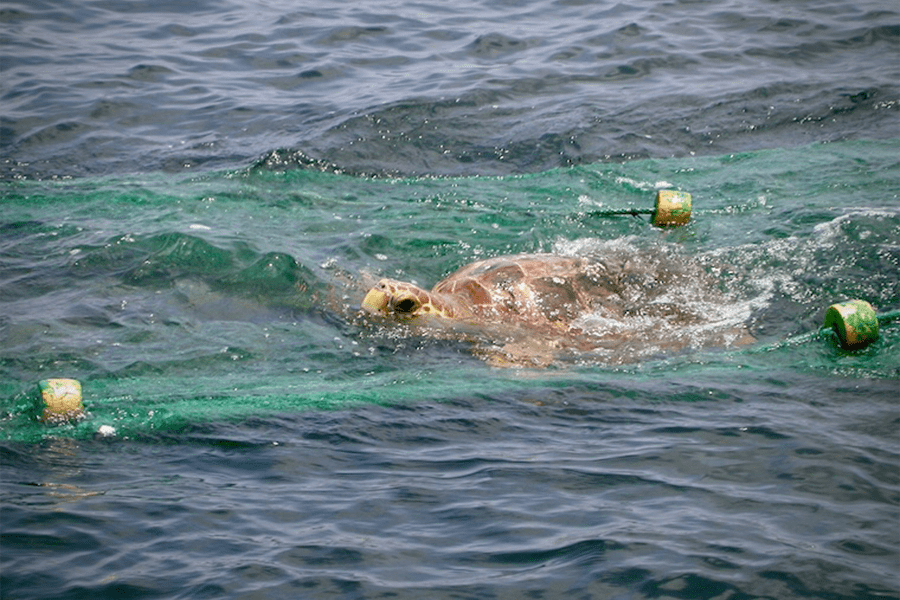
Industrial fishing poses greater risk to marine life due to untracked activity, UC Santa Cruz researchers find
A new study led by a scientist at UC Santa Cruz’s Institute of Marine Sciences finds that blue whales, tunas, and other top predators in the northeast Pacific Ocean face greater risk of harm from industrial fishing than previously thought.
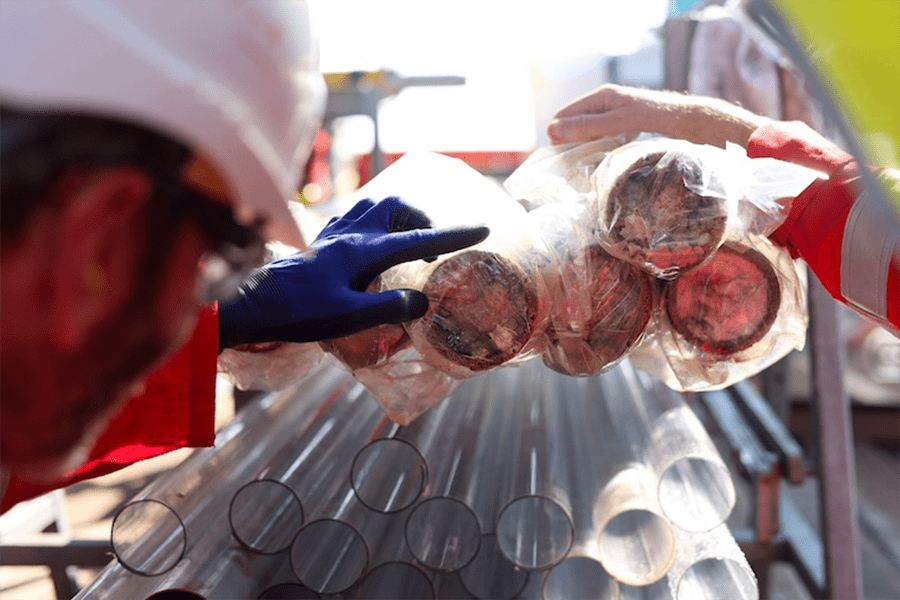
Scientists begin to crack open climate-change riddles hiding in ancient coral
An international team of researchers on an expedition co-led by UC Santa Cruz Professor Christina Ravelo collected cores of fossil coral off the coast of Hawai’i to look for signs of climate and sea-level change over the past half million years.
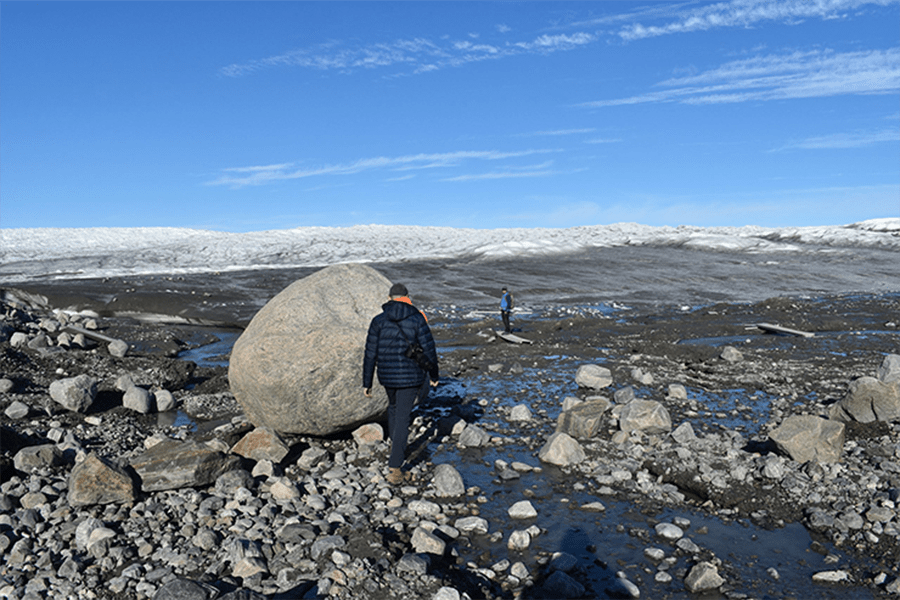
A new 66 million-year history of carbon dioxide offers little comfort for today
A massive new review of ancient atmospheric carbon-dioxide levels and corresponding temperatures lays out a daunting picture of where the Earth’s climate may be headed.
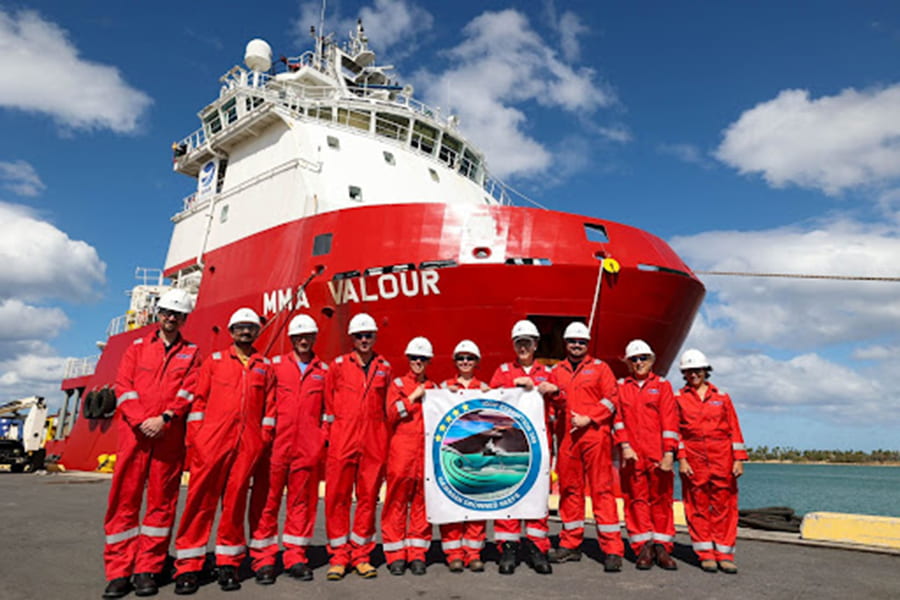
Scientists use Hawaiian fossils to study the past and future of climate change
This month, an international team of researchers returned to shore after a two-month-long ocean expedition exploring fossil coral reefs off the coast of Hawai’i. The fossils provide a record of past climate conditions, so scientists are using them to learn about environmental changes throughout geologic history and make predictions about the future
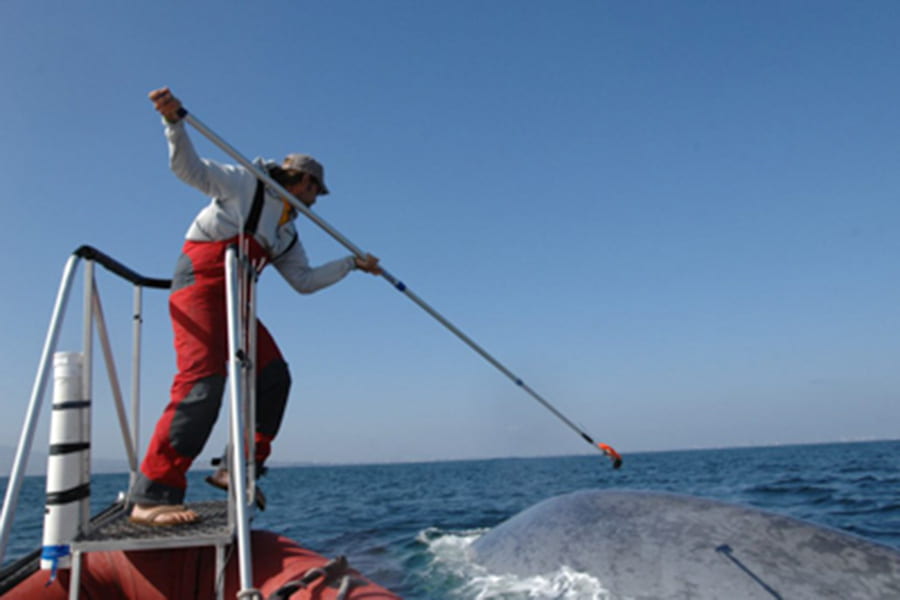
Five UC Santa Cruz projects win California Climate Action Grant funding
Millions of dollars in new funding will support UC Santa Cruz and partners in tackling some of California’s toughest climate change challenges through innovative research and community engagement
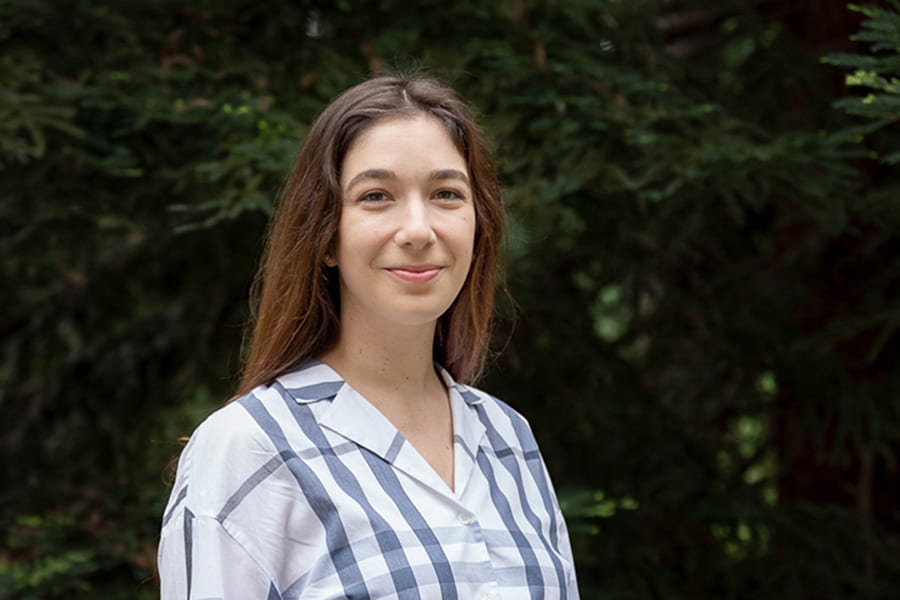
Coastal fisheries show surprising resilience to marine heatwaves
Researchers found that fish biomass often increased or was unaffected in the year following a marine heatwave

Marine scientists explore the future of open data science
Researchers make recommendations for how to move forward in a world of near-limitless data
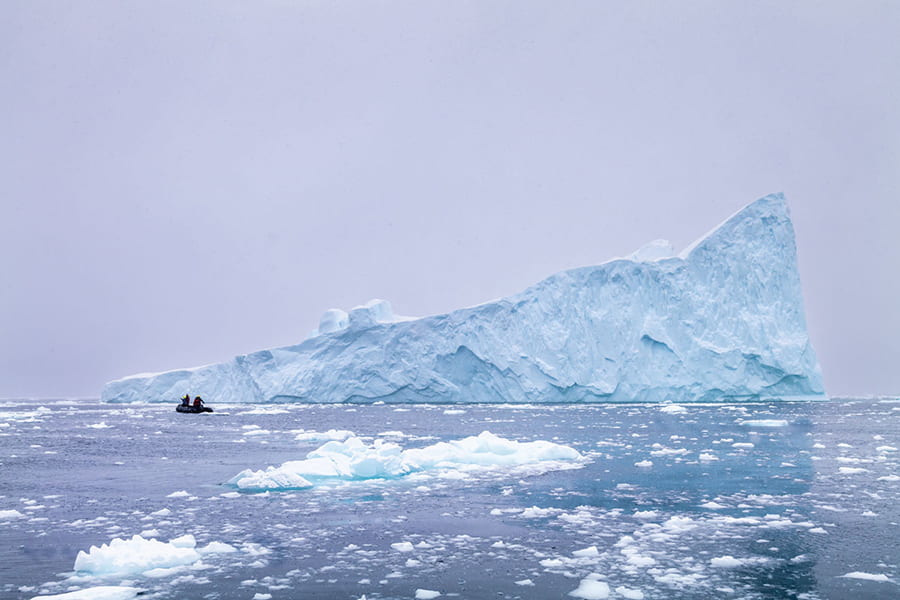
Meet the fearless scientists saving Antarctic whales… With crossbows and tiny inflatable boats
How do you study a gigantic mammal that migrates over thousands of miles and spends most of its time underwater? Here’s how the latest tech is shaping the future of whale conservation
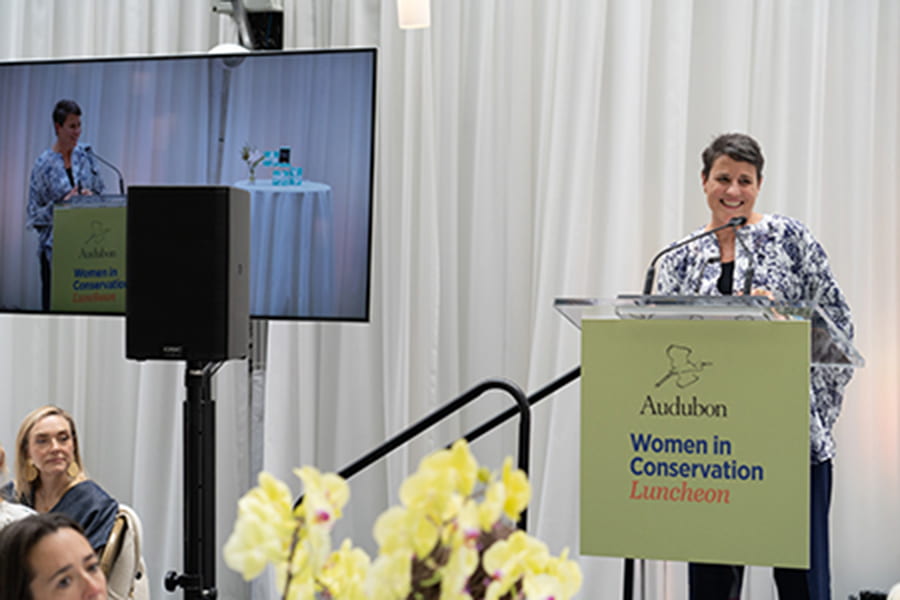
Kathleen Finlay brings UCSC education to the forefront in her fight for food sustainability and social justice
UC Santa Cruz alumna Kathleen Finlay is the president of the Glynwood Center for Regional Food and Farming in the Hudson Valley and founder of Pleiades
